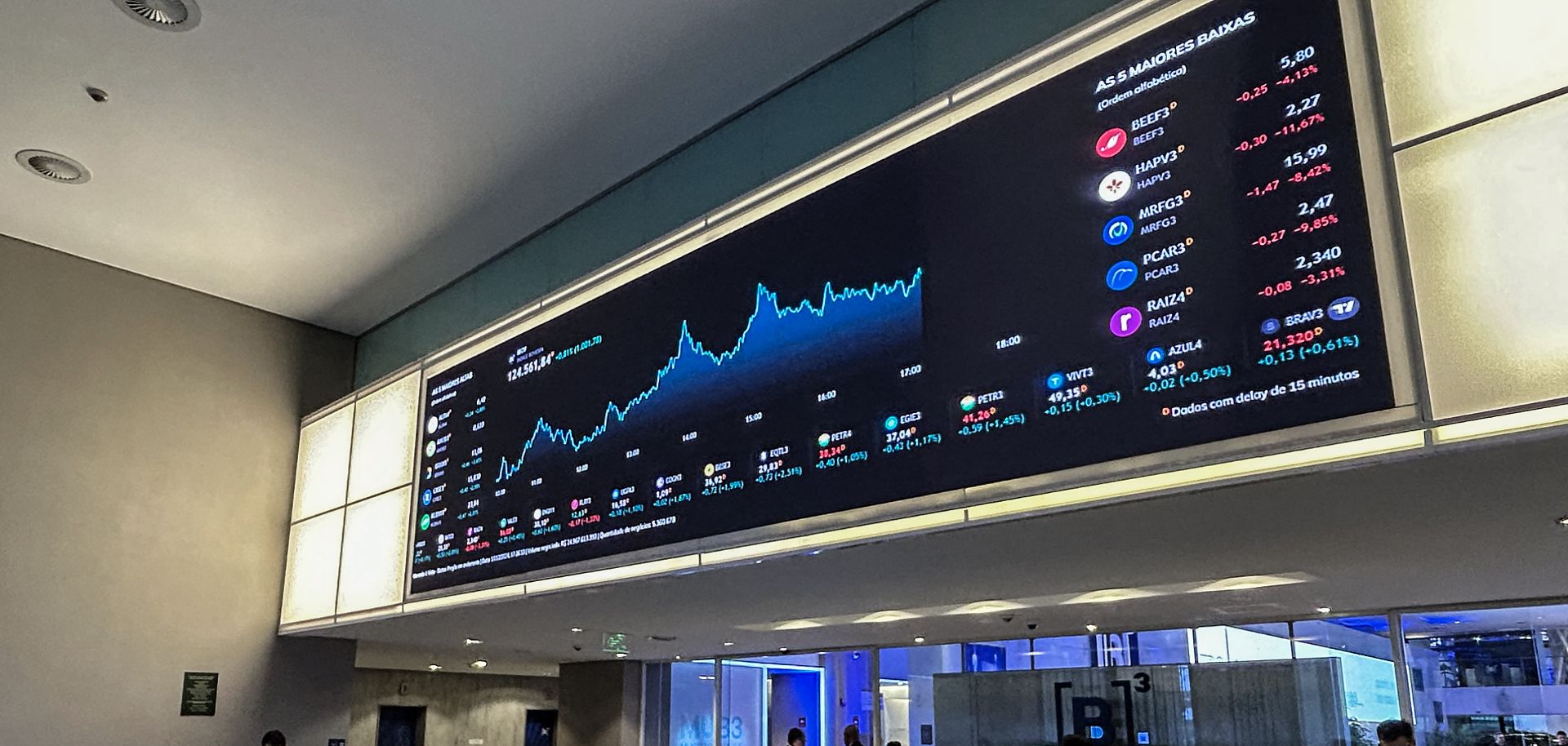Despite financial markets' recent turbulence, Brazil is unlikely to pursue a harsh fiscal adjustment in the coming months, meaning persistent investor concern over the country's debt trajectory will continue to undermine macroeconomic conditions and the business environment. Investors' growing concerns about Brazil's rising debt trajectory and President Luiz Inacio Lula da Silva's unwillingness to deliver robust spending cuts have resulted in a sharp depreciation of the country's financial assets in recent weeks. The U.S. dollar rose 7.2% against the Brazilian real between Nov. 26 and Dec. 30, while Brazil's main stock index, Ibovespa, dropped 7.4% over the same period. The volatility reflects, among other things, investors' concerns over the country's rising indebtedness and the government's lax fiscal discipline, as Lula has repeatedly defended social spending and public investments as means for economic growth and downplayed markets' criticism. In an effort to mitigate the financial turmoil, the Central Bank throughout December...

